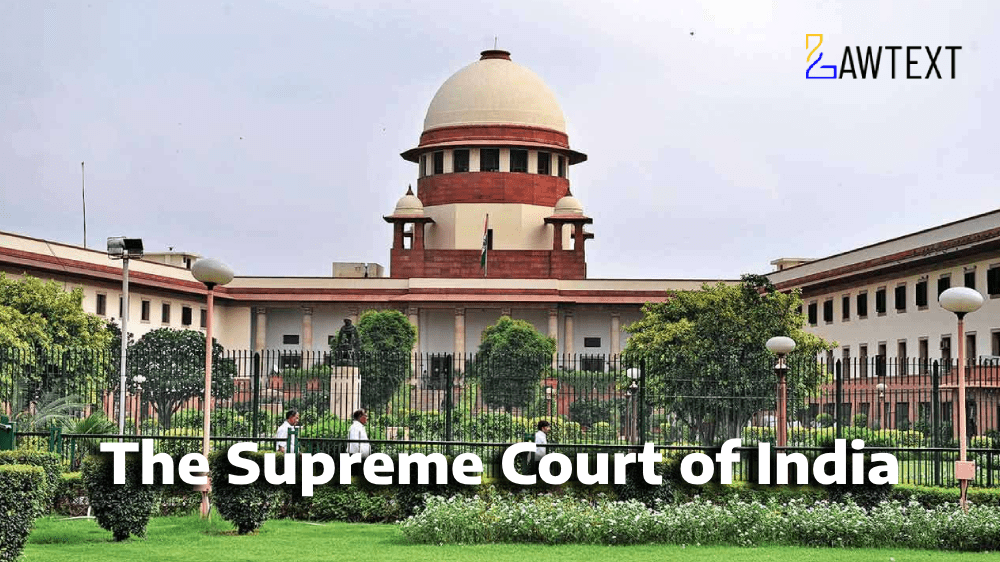

The appellant was accused of facilitating the illegal issuance of a second passport to Accused No.1. The trial court convicted the appellant, but acquitted others similarly charged. The appellant’s conviction was challenged on grounds of parity, lack of corroborative evidence, and the credibility of the prosecution's witnesses.
Introduction of the Appeal (Para 1-2):
The appellant challenged her conviction for abetting the issuance of a second passport to Accused No.1. The appellant was convicted under Section 420 IPC and Section 12(2) of the Passports Act.
Prosecution’s Allegation (Para 2-3):
It was alleged that the appellant facilitated Accused No.1, who was already in possession of a passport, in obtaining a second passport. This was purportedly done through illegal means involving other accused (Accused Nos. 3, 4, and 5) within the passport office, who were acquitted of all charges. Only Accused No.2 (the appellant) and Accused No.1 were convicted, but the latter’s conviction was also overturned.
Grounds of Appeal (Para 4-5):
The appellant contended that the acquittal of the other accused, despite similar allegations, should apply to her as well. The evidence against her was deemed unreliable, especially the testimony of PW-3, who had turned hostile.
Prosecution Witnesses (Para 8-9):
The trial court based its conviction on the testimony of PW-3 (an employee of the appellant's firm), PW-15 (travel agent), and PW-16 (handwriting expert). However, PW-3 turned hostile, PW-15’s testimony lacked documentary evidence, and PW-16’s analysis was inconclusive.
Acquittal of Co-Accused (Para 10):
Accused Nos. 3 and 4, who were allegedly involved in the passport’s illegal delivery, were acquitted due to lack of evidence. This raised questions about the conviction of the appellant, given the principle of parity, as stated in Javed Shaukat Ali Qureshi v. State of Gujarat (2023 INSC 829).
Insufficient Evidence and Handwriting Expert Testimony (Para 11-13):
The court found the handwriting expert's testimony inconclusive and unsupported by other evidence. Additionally, the prosecution failed to prove that the appellant knew about the first passport held by Accused No.1.
Application of Section 12(2) of the Passports Act (Para 14-15):
The appellant was charged under Section 12(2) for abetting passport fraud, but the prosecution failed to provide evidence that she knowingly facilitated the issuance of the second passport with fraudulent intent.
Final Judgment (Para 16-17):
The Supreme Court allowed the appeal, acquitting the appellant. The judgments of the trial court and the High Court were set aside due to insufficient evidence and errors in evaluating the testimonies.
The principle of parity in acquittals, lack of corroborative evidence, and the unreliable nature of the prosecution's key witnesses (particularly the handwriting expert) led to the court concluding that the appellant’s conviction could not be sustained. The failure of the prosecution to prove knowledge or intent beyond a reasonable doubt resulted in the acquittal.
Passport fraud, abetment, Section 420 IPC, Passports Act, acquittal, Supreme Court, parity in acquittals, criminal misconduct.
Citation: 2024 LawText (SC) (9) 231
Case Number: CRIMINAL APPEAL No.477 of 2017
Date of Decision: 2024-09-23
Case Title: YOGARANI VERSUS STATE BY THE INSPECTOR OF POLICE
Before Judge: (Sanjay Kumar J. , Aravind Kumar J.)
Appellant: YOGARANI
Respondent: STATE BY THE INSPECTOR OF POLICE